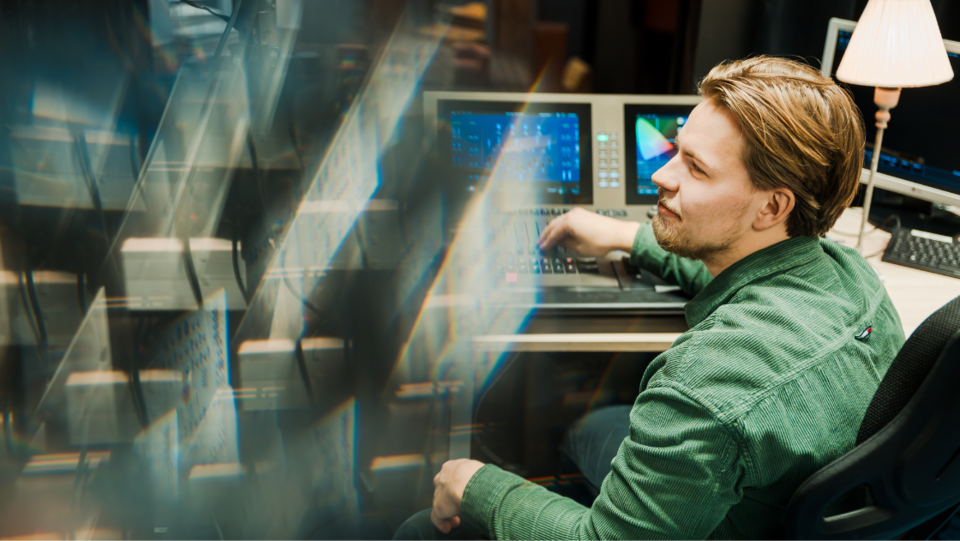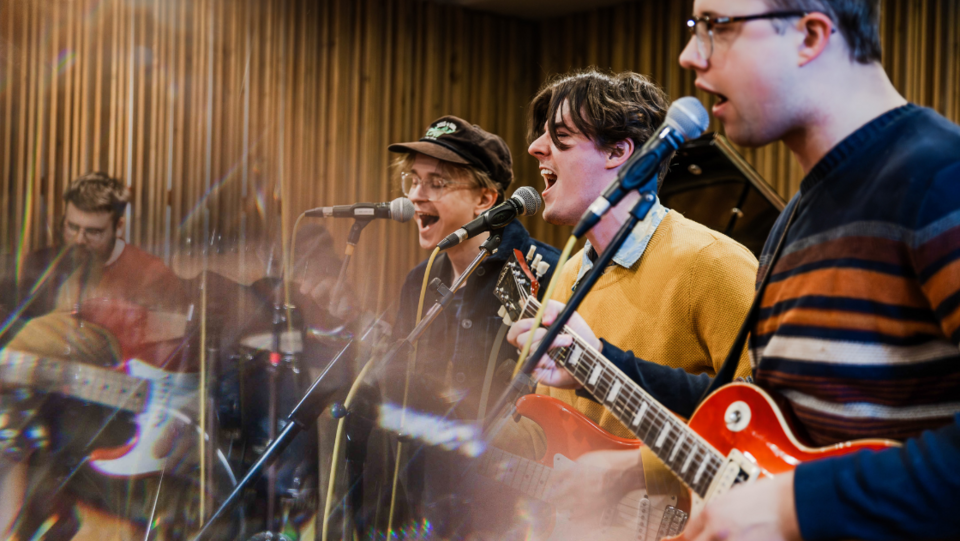-
Faculty of Arts and HumanitiesDean's Office, Faculty of Arts and HumanitiesJakobi 2 ruumid 116–121, 51005 Tartu linn, EST0Institute of History and ArchaeologyJakobi 2 51005 Tartu linn, Tartu linn, Tartumaa EST0Institute of Estonian and General LinguisticsJakobi 2, IV korrus 51005 Tartu linn, Tartu linn, Tartumaa EST0Institute of Philosophy and SemioticsJakobi 2, III korrus, ruumid 302-337 51005 Tartu linn, Tartu linn, Tartumaa EST0Institute of Cultural ResearchÜlikooli 16 51003 Tartu linn, Tartu linn, Tartumaa EST0Institute of Foreign Languages and CulturesLossi 3 51003 Tartu linn, Tartu linn, Tartumaa EST0School of Theology and Religious StudiesÜlikooli 18 50090 Tartu linn, Tartu linn, Tartumaa EST0Viljandi Culture AcademyPosti 1 71004 Viljandi linn, Viljandimaa EST0Professors emeriti, Faculty of Arts and Humanities0Associate Professors emeriti, Faculty of Arts and Humanities0Faculty of Social SciencesDean's Office, Faculty of Social SciencesLossi 36 51003 Tartu linn, Tartu linn, Tartumaa EST0Institute of EducationJakobi 5 51005 Tartu linn, Tartu linn, Tartumaa EST0Johan Skytte Institute of Political StudiesLossi 36, ruum 301 51003 Tartu linn, Tartu linn, Tartumaa EST0School of Economics and Business AdministrationNarva mnt 18 51009 Tartu linn, Tartu linn, Tartumaa EST0Institute of PsychologyNäituse 2 50409 Tartu linn, Tartu linn, Tartumaa EST0School of LawNäituse 20 - 324 50409 Tartu linn, Tartu linn, Tartumaa EST0Institute of Social StudiesLossi 36 51003 Tartu linn, Tartu linn, Tartumaa EST0Narva CollegeRaekoja plats 2 20307 Narva linn, Ida-Virumaa EST0Pärnu CollegeRingi 35 80012 Pärnu linn, Pärnu linn, Pärnumaa EST0Professors emeriti, Faculty of Social Sciences0Associate Professors emeriti, Faculty of Social Sciences0Faculty of MedicineDean's Office, Faculty of MedicineRavila 19 50411 Tartu linn, Tartu linn, Tartumaa ESTInstitute of Biomedicine and Translational MedicineBiomeedikum, Ravila 19 50411 Tartu linn, Tartu linn, Tartumaa ESTInstitute of PharmacyNooruse 1 50411 Tartu linn, Tartu linn, Tartumaa ESTInstitute of DentistryL. Puusepa 1a 50406 Tartu linn, Tartu linn, Tartumaa ESTInstitute of Clinical MedicineL. Puusepa 8 50406 Tartu linn, Tartu linn, Tartumaa ESTInstitute of Family Medicine and Public HealthRavila 19 50411 Tartu linn, Tartu linn, Tartumaa ESTInstitute of Sport Sciences and PhysiotherapyUjula 4 51008 Tartu linn, Tartu linn, Tartumaa ESTProfessors emeriti, Faculty of Medicine0Associate Professors emeriti, Faculty of Medicine0Faculty of Science and TechnologyDean's Office, Faculty of Science and TechnologyVanemuise 46 - 208 51003 Tartu linn, Tartu linn, Tartumaa ESTInstitute of Computer ScienceNarva mnt 18 51009 Tartu linn, Tartu linn, Tartumaa ESTInstitute of GenomicsRiia 23b/2 51010 Tartu linn, Tartu linn, Tartumaa ESTEstonian Marine Institute0Institute of PhysicsInstitute of ChemistryRavila 14a 50411 Tartu linn, Tartu linn, Tartumaa EST0Institute of Mathematics and StatisticsNarva mnt 18 51009 Tartu linn, Tartu linn, Tartumaa EST0Institute of Molecular and Cell BiologyRiia 23, 23b - 134 51010 Tartu linn, Tartu linn, Tartumaa ESTTartu ObservatoryObservatooriumi 1 61602 Tõravere alevik, Nõo vald, Tartumaa EST0Institute of TechnologyNooruse 1 50411 Tartu linn, Tartu linn, Tartumaa ESTInstitute of Ecology and Earth SciencesJ. Liivi tn 2 50409 Tartu linn, Tartu linn, Tartumaa ESTProfessors emeriti, Faculty of Science and Technology0Associate Professors emeriti, Faculty of Science and Technology0Institute of BioengineeringArea of Academic SecretaryHuman Resources OfficeUppsala 6, Lossi 36 51003 Tartu linn, Tartu linn, Tartumaa EST0Area of Head of FinanceFinance Office0Area of Director of AdministrationInformation Technology Office0Administrative OfficeÜlikooli 17 (III korrus) 51005 Tartu linn, Tartu linn, Tartumaa EST0Estates Office0Marketing and Communication OfficeÜlikooli 18, ruumid 102, 104, 209, 210 50090 Tartu linn, Tartu linn, Tartumaa EST0Area of Vice Rector for ResearchUniversity of Tartu LibraryW. Struve 1 50091 Tartu linn, Tartu linn, Tartumaa EST0Grant OfficeArea of Vice Rector for DevelopmentCentre for Entrepreneurship and InnovationNarva mnt 18 51009 Tartu linn, Tartu linn, Tartumaa EST0University of Tartu Natural History Museum and Botanical GardenVanemuise 46 51003 Tartu linn, Tartu linn, Tartumaa EST0International Cooperation and Protocol Office0University of Tartu MuseumLossi 25 51003 Tartu linn, Tartu linn, Tartumaa EST0Area of RectorRector's Strategy OfficeInternal Audit OfficeArea of Vice Rector for Academic AffairsOffice of Academic AffairsUniversity of Tartu Youth AcademyUppsala 10 51003 Tartu linn, Tartu linn, Tartumaa EST0Student Union OfficeÜlikooli 18b 51005 Tartu linn, Tartu linn, Tartumaa EST0Centre for Learning and Teaching

Bachelor's programmes
At the undergraduate level, University of Tartu Viljandi Culture Academy offers professional higher education (240 ECTS, 4-years). The advantage of professional higher education over more academic degree is its stronger link with the job market. Practical work in the actual work environment comprises at least 15% of the professional higher education curriculum. Both, bachelor's degree and professional higher education diploma will give the graduates equal access to the next level of higher education – master's studies.
All students admitted to the programme in Estonian are required to have at least B1 level Estonian language proficiency. Please see here for more information on admission requirements.
Curricula of professional higher education:
Performing Arts curriculum

University of Tartu Viljandi Culture Academy is the only higher education institution in Estonia to teach on-stage and off-stage artists together. The Performing Arts curriculum aims to bring together all the insights and skills needed for an artist working in the complex and meaning-changing world of performing arts. The curriculum values the close integration of theory and practice, cross-disciplinarity, social sensitivity, and a broader understanding of one's position as an artist in the world. One can specialise as a director, actor, dance teacher, visual technology specialist or technical producer, and combine the chosen specialisation with studies in other fields.
Music curriculum

Students of the Music curriculum get a broad-based musical education under the guidance of renowned professionals in the field, emphasising both centuries-old traditional music and forward-looking music technology. It is possible to specialise in traditional music, school music, rhythm music and sound engineering. Within the rhythm music specialisation, one can choose the direction of the music producer; within the school music specialisation, it is possible to become a musical instrument teacher. Besides the courses of their specialisation, music students also study instrument playing, folk music, ensemble playing, rhythmics, and music theory and technology. The lessons are put into practice at concerts: each year, 10–15 concerts are held in Viljandi and various concert venues throughout Estonia.
Estonian Native Craft curriculum

The curriculum of Estonian Native Craft includes gaining a thorough knowledge of Estonian traditional crafts culture and its professional, creative and sustainable application in a modern living environment. Emphasis is on interpreting, exploring and developing craftsmanship. By specialising in textiles, construction or metalwork, one can learn about all the main local craft techniques, skills and materials. In 2023, a new circular technology specialisation will be launched, focusing on reducing the amount of new materials in circulation through simple repair techniques, reuse and recycling. A strong emphasis is placed on acquiring practical skills and the general arts courses to support them. That is why all specialisations include a significant number of traineeships: in the first years, they are mainly carried out in the university's workshops, and later on, with craft masters, institutions and companies both at home and abroad.
Culture Management curriculum

Unique in Estonia, the Culture Management curriculum provides opportunities for self-development at many levels, from working with smaller communities to organising events with an international dimension. Studies consist of acquiring general cultural knowledge and professional organisational skills. What makes the curriculum special is the large volume of practical assignments: students can test their skills in a variety of situations, job shadow professional cultural managers, and also organise a wide range of events and projects in Viljandi and throughout Estonia.
Community Education and Hobby Activity curriculum

The Community Education and Hobby Activity curriculum provides a broad-based education to engage with young people and communities in non-formal education. It provides general cultural and pedagogical knowledge, knowledge of communities and the youth field, and thorough knowledge of either applied theatre or activity and adventure education.


